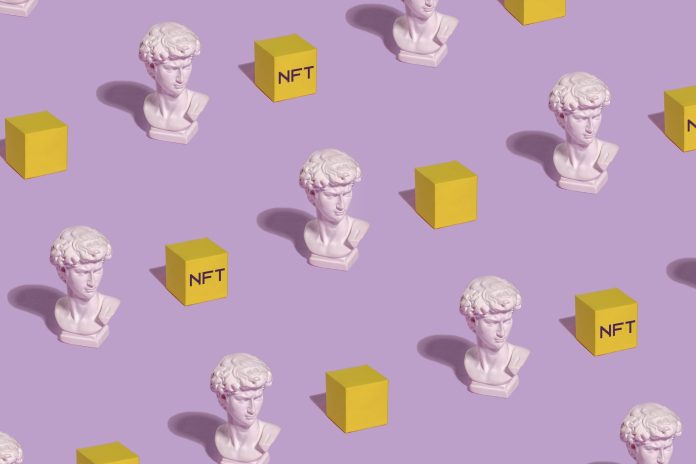Key Takeaways

- Understanding NFTs: NFTs, or non-fungible tokens, are unique digital assets representing ownership of specific items on a blockchain, distinguishing them from interchangeable cryptocurrencies.
- Ownership and Authenticity: NFTs are reshaping perceptions of digital ownership and authenticity, allowing artists and creators to secure their work and establish direct relationships with buyers.
- Blockchain Technology: The foundational technology for NFTs, blockchain ensures secure ownership and traceable transaction histories, increasing customer trust in brand engagements.
- Variety of Use Cases: NFTs have diverse applications, including digital art, music, virtual real estate, and gaming, enabling small businesses to create exclusive offerings and engage with new demographics.
- Future Growth Potential: The NFT market is projected to continue growing, presenting opportunities for small businesses to innovate and connect with consumers through unique digital products.
- Navigating Challenges: Awareness of regulatory uncertainties and market volatility is essential for leveraging NFTs effectively while minimizing potential risks.
In recent years, NFTs have taken the digital world by storm, captivating artists, collectors, and investors alike. But what exactly is an NFT? At its core, a non-fungible token is a unique digital asset that represents ownership of a specific item or piece of content, often secured on a blockchain. Unlike cryptocurrencies like Bitcoin, which are interchangeable, NFTs stand out because each one holds distinct information and value.
As you dive into the world of NFTs, you’ll discover how they’re transforming the way we think about ownership and creativity in the digital realm. From art and music to virtual real estate, NFTs are reshaping industries and offering new opportunities for creators and collectors. Understanding the fundamentals of NFTs is essential if you want to navigate this exciting landscape and unlock its potential.
What Is An NFT?

An NFT, or non-fungible token, is a unique digital asset that represents ownership of specific items or content on a blockchain. Unlike interchangeable cryptocurrencies, each NFT holds distinct information and value. In a blockchain, NFTs exist as individual tokens, each with unique metadata such as ownership history and transaction records.
NFTs can represent various forms of digital content, including artwork, music, videos, and virtual real estate. Artists and creators leverage NFTs to secure their work and establish direct relationships with buyers, bypassing traditional market barriers. Small businesses in the tech space can capitalize on NFTs by creating exclusive digital products, enhancing customer engagement, and building strong brand identities.
The rise of NFTs illustrates a shift in how you perceive ownership and authenticity in the digital realm. By understanding how NFTs function, you can explore new revenue streams and innovative marketing strategies, positioning your small business at the forefront of this evolving landscape.
The History Of NFTs
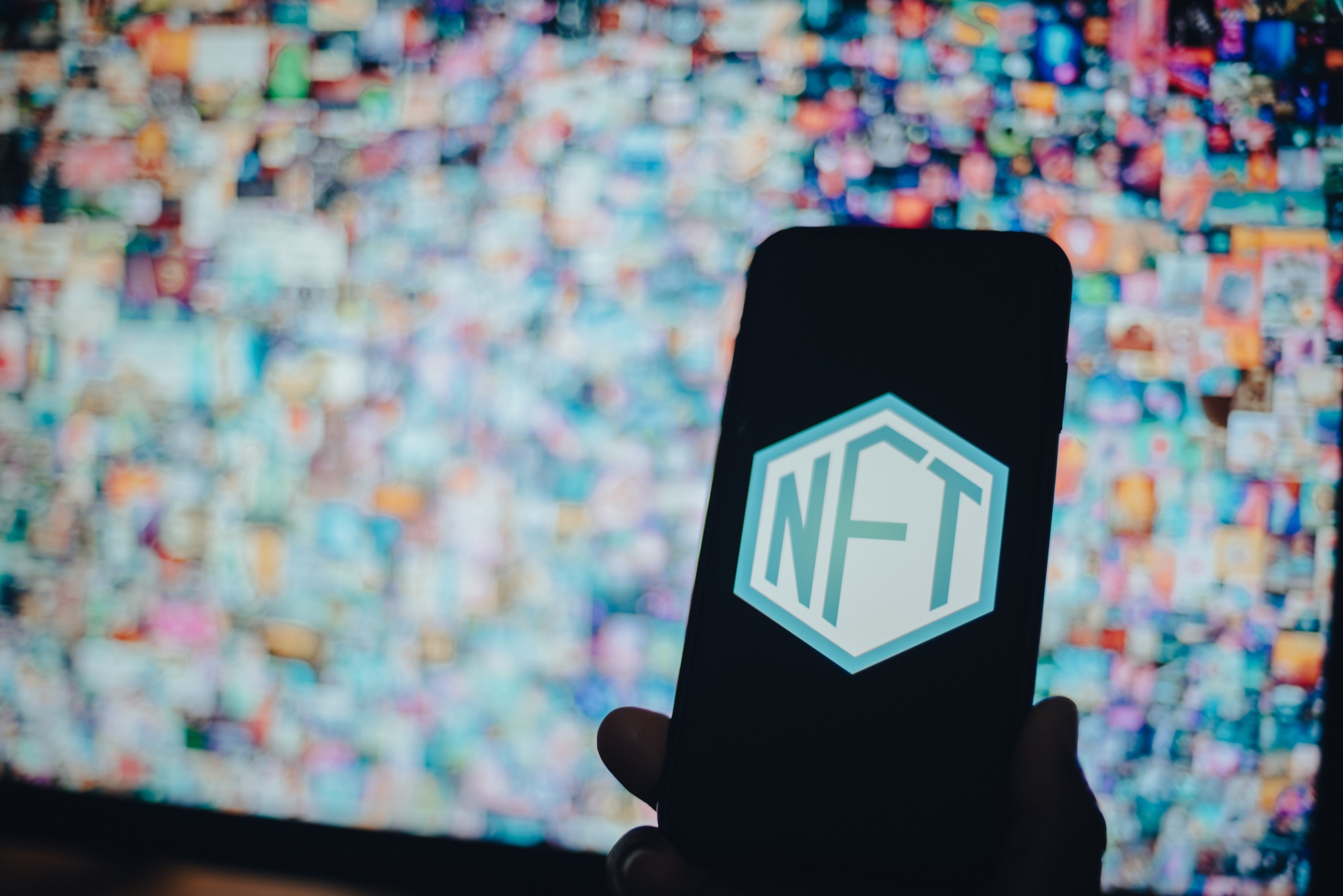
NFTs trace their origins to the early 2010s, with significant developments shaping the landscape of digital ownership. Understanding this history is crucial for small businesses in tech and other industries to leverage NFTs effectively.
Early Digital Art and Collectibles
In the early days, digital art and collectibles laid the groundwork for NFTs. Artists began creating unique digital pieces, seeking ways to establish ownership and authenticity in a market dominated by digital replication. These innovations set the stage for what would become the first NFT, merging creativity with emerging technology.
The Rise of Blockchain Technology
The advent of blockchain technology revolutionized the way digital assets are owned and traded. In 2014, the first NFT, titled “Quantum,” emerged, showcasing how blockchain could store and verify unique digital tokens. This breakthrough allowed creators to tokenize their works securely, making it easier for small businesses to enter the digital market with ownership proof. As blockchain adoption continues to grow, you can utilize these advancements to enhance your brand identity and offer exclusive digital products.
How NFTs Work
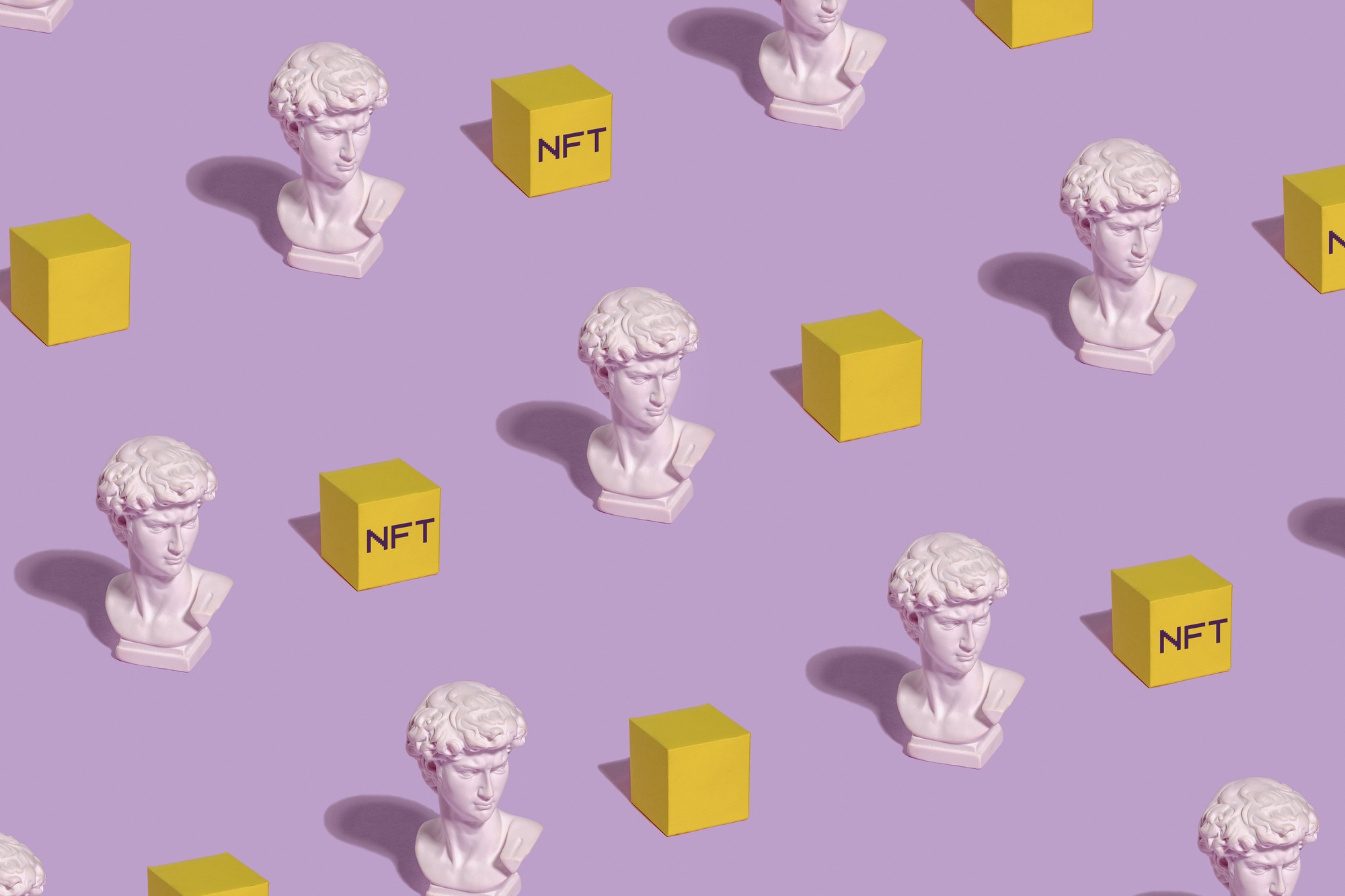
NFTs operate on blockchain technology, which ensures secure ownership and authenticity. Understanding how NFTs work is crucial for small businesses looking to harness this innovative tech.
Blockchain Basics
Blockchain serves as a decentralized ledger that records transactions across multiple computers. Each NFT has a unique digital identifier stored on the blockchain, ensuring it’s distinguishable and traceable. This transparency prevents duplication while providing a clear history of ownership. Small businesses benefit from this system since it enhances trust with customers through verifiable transactions.
Smart Contracts Explained
Smart contracts automate transactions and agreements associated with NFTs. These self-executing contracts use coded instructions, triggering specific actions when predefined conditions are met. For instance, when someone purchases an NFT, the smart contract transfers ownership from the seller to the buyer automatically. This technology streamlines processes for small businesses, allowing you to focus on creating exclusive digital products while ensuring secure and efficient sales without intermediaries.
Use Cases For NFTs
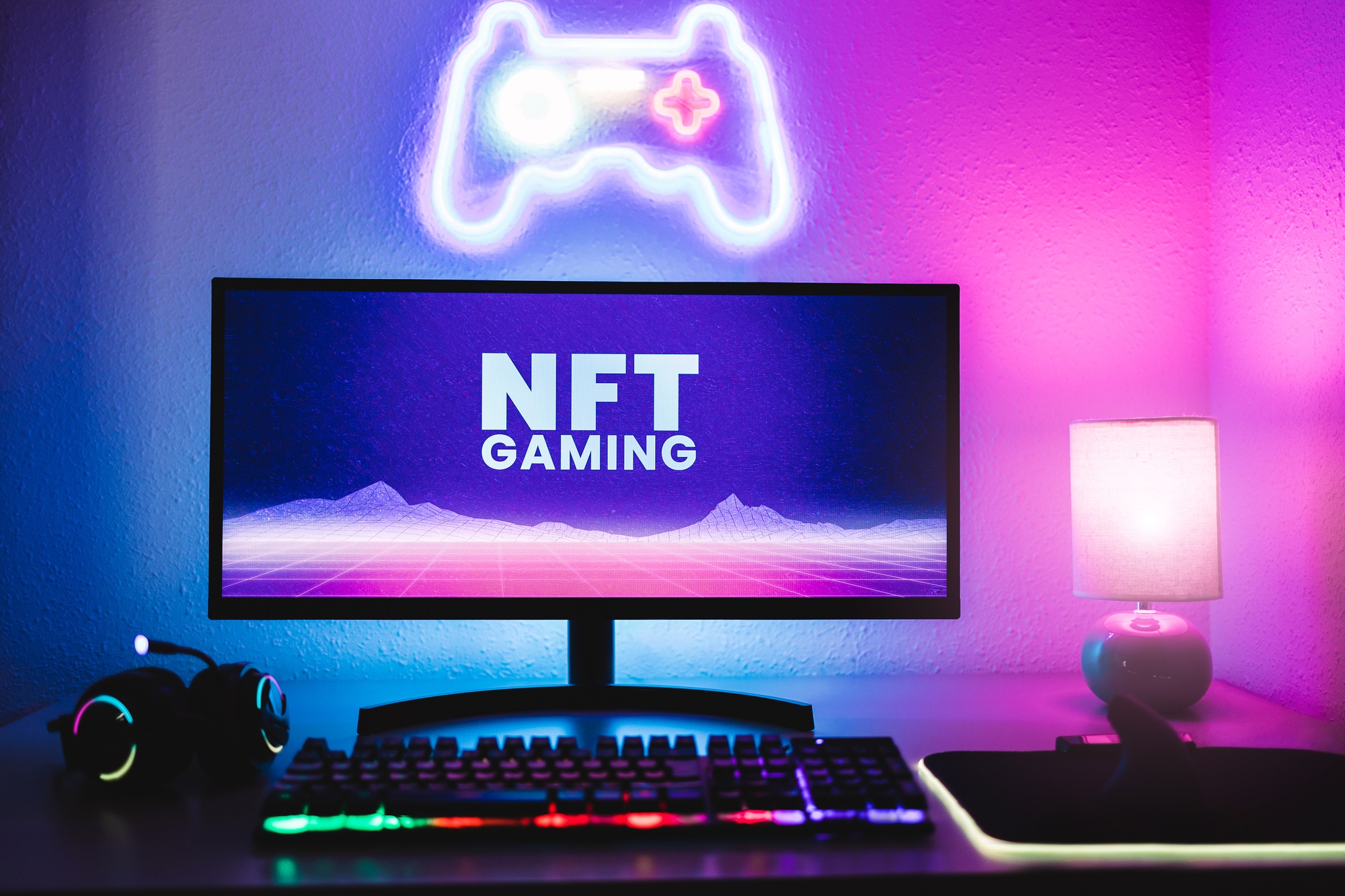
NFTs open new avenues for small businesses, transforming various industries with their unique capabilities. Understanding these use cases allows you to leverage NFTs for branding, engagement, and revenue.
Digital Art and Music
Digital art and music markets benefit significantly from NFTs. You can create and sell unique digital artworks represented as NFTs on a blockchain. This not only verifies ownership but also ensures you receive fair royalties for your creations. Artists and musicians have successfully bypassed traditional barriers, reaching audiences directly and enhancing your brand presence in the creative industry.
Virtual Real Estate
Virtual real estate utilizes NFTs to represent ownership of digital properties in online worlds. You can invest in, buy, and sell virtual lands as NFTs, capitalizing on growing demand for digital spaces. This trend allows small businesses to explore innovative marketing strategies and build virtual storefronts, enhancing customer engagement and reaching new demographics.
Gaming and Collectibles
The gaming industry has embraced NFTs to create unique in-game assets and collectibles. You can design exclusive digital items represented as NFTs, which players can buy, sell, or trade. This model enhances player experience and loyalty while opening new revenue streams for your small business. Engaging with gamers through NFTs can build a strong community around your brand, driving long-term success.
The Future of NFTs
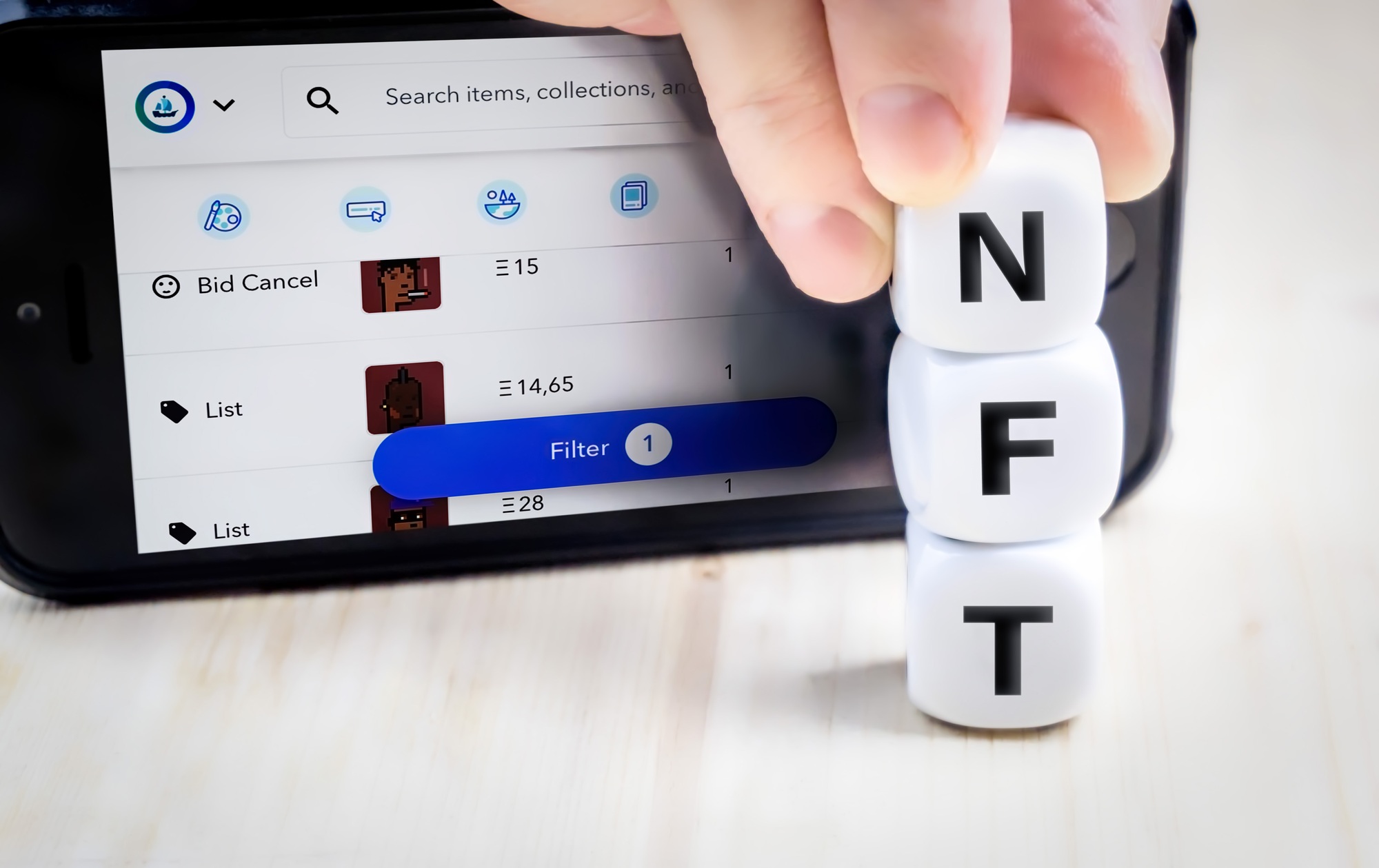
NFTs are transforming digital ownership across multiple industries, and their future indicates significant growth and innovation. Notably, your small business can benefit from these advancements.
Market Trends and Predictions
Market trends suggest that NFTs will experience increased adoption across various industries, including art, music, fashion, and gaming. Data shows that the NFT market generated approximately $41 billion in sales in 2021, with continued growth expected. As mainstream companies and celebrities engage with NFTs, you can leverage this recognition to enhance your brand. Incorporating NFTs into your offerings may lead to new revenue streams, allowing you to connect with customers in unique ways. Furthermore, advancements in blockchain technology will ensure scalability and interoperability, enhancing your user experience.
Challenges and Regulations
Challenges may arise as the NFT landscape continues to evolve. You might face regulatory uncertainties regarding digital assets, as governments are beginning to establish guidelines for NFTs. Compliance with emerging regulations is crucial for your small business to avoid legal complications. Additionally, the volatile nature of NFT values can pose financial risks. Staying informed about these challenges enables you to navigate the complexities of the NFT market effectively. By adapting to the regulatory environment and preparing for market fluctuations, your business can capitalize on the opportunities NFTs present.
Conclusion
NFTs are reshaping how you think about ownership and creativity in the digital space. As these unique tokens gain traction across various industries you have the opportunity to explore new revenue streams and innovative marketing strategies.
Understanding the mechanics of NFTs and their potential can empower you to leverage this technology effectively. Whether you’re an artist looking to sell your work or a small business aiming to engage customers in fresh ways the possibilities are vast.
Staying informed about the evolving NFT landscape will help you navigate its challenges while maximizing the benefits. Embrace the future of digital ownership and let NFTs elevate your brand in this dynamic marketplace.
Frequently Asked Questions

What are NFTs?
NFTs, or non-fungible tokens, are unique digital assets that represent ownership of specific items or content, secured on a blockchain. Unlike cryptocurrencies, each NFT has distinct information and value, making them irreplaceable.
How do NFTs work?
NFTs operate on blockchain technology, which ensures secure ownership and authenticity. Each NFT has a unique digital identifier recorded on a decentralized ledger, enabling verifiable transactions and smart contracts that automate agreements.
How are NFTs changing the art industry?
NFTs are transforming the art industry by allowing creators to tokenize their works and bypass traditional market barriers. This enables artists to secure royalties and establish direct relationships with buyers, enhancing creative freedom.
Can small businesses use NFTs?
Yes, small businesses can leverage NFTs to create exclusive digital products, enhance engagement, and build strong brand identities. They can also utilize NFTs to navigate new revenue streams in the digital marketplace.
What is the significance of blockchain technology for NFTs?
Blockchain technology is crucial for NFTs as it ensures secure ownership, authenticity, and transparency in transactions. It provides a decentralized platform where each NFT can be tracked and verified reliably.
What industries are benefiting from NFTs?
NFTs are impacting various industries, including art, music, gaming, and virtual real estate. Each sector finds unique ways to utilize NFTs, from selling digital art to creating virtual storefronts and in-game assets.
What are the challenges associated with NFTs?
The NFT market faces challenges like regulatory uncertainties and volatile values, which can pose risks for small businesses. Staying informed about these factors is essential for effectively navigating the NFT landscape.
What is the future of NFTs?
The NFT market is expected to continue growing and innovating across multiple sectors, including art, fashion, and gaming. As mainstream companies engage with NFTs, opportunities for small businesses to capitalize on this trend will also increase.
Image Via Envato: Sumetho, Garnar, LittleIvan, vanenunes, sergign, TalentZukutu, shotprime, stockbusters


